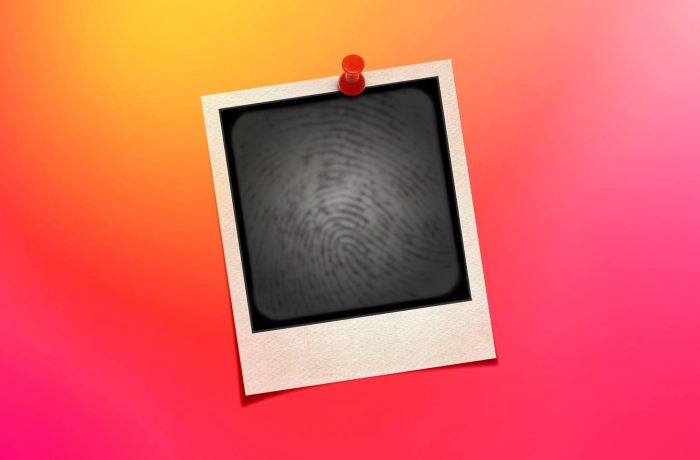
Hidden dangers of biometric authentication devices
Based on our analysis of ZKTeco vulnerabilities, we dissect the risks associated with biometric authentication.
28 articles

Based on our analysis of ZKTeco vulnerabilities, we dissect the risks associated with biometric authentication.

Researchers used a hardware hack to bypass Windows Hello biometric authentication on three different devices. Can you trust this login method?

What two-factor authentication types are out there, and which ones should be preferred.

Which screen-locking method best protects your Android smartphone: PIN code, password, pattern lock, fingerprint, or face recognition?

Android fingerprint protection isn’t that reliable after all: it can be brute-forced even without a copy of your fingerprint.

What multi-factor authentication is, why you should use it, and what “factors” there are.

Digital-only badges, COVID tests every 72 hours, mandatory FFP2 masks, and other signs of the new normal at MWC21.

Researchers found a way to create fake fingerprints to fool many devices, although it took a lot of effort.

We analyze the fairy tale The Wolf and the Seven Young Goats in terms of cybersecurity

Mobile World Congress 2019 recapped: 5G, Internet of Things, ultrasonic fingerprint sensors, and artificial intelligence.

Almost every new smartphone now lets you unlock it with your face — and that’s really bad for security.

Two new fingerprint-scanning technologies revealed at Mobile World Congress 2018 use different approaches.

How facial recognition works in the new Apple iPhone X — is it secure enough for you to trust?

Protected fingerprint and iris sensors in smartphones, and other interesting security trends from MWC 2017.

ATMs will soon use fingerprint readers and iris sensors to identify customers. But is biometric authentication as secure as advertised?

Accurate identification of people’s faces is a very human process but computers are gaining on our processing. A look at what’s going on now and what we’ll see soon.

Vendors claim, that a fingerprint sensor in your smartphone is user-friendly and really secure. But it’s not true.

Cybercriminals hunt for data of all kinds: personal details, photos, videos and even ways that users interact with others; this data is often stolen from social networks. Stolen data is

The new trend on IFA 2015 is all about integrity and security. Meet Kaspersky Lab’s observations from the trade show.

I was repeatedly asked the question: “Once you decide to become a cyborg, how would your current routine change?” Today I’m going to give you 10 answers for this questions
During my first two weeks of the biochip experience I had time to mull over a lot of things. The deluge of questions from the community pushed this process further: